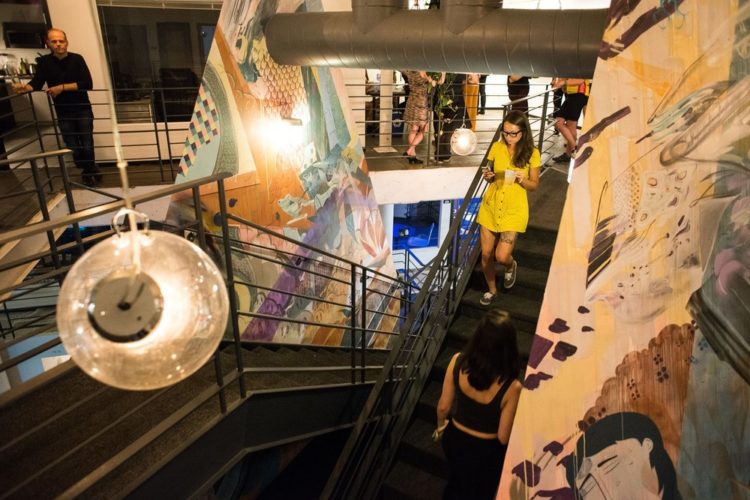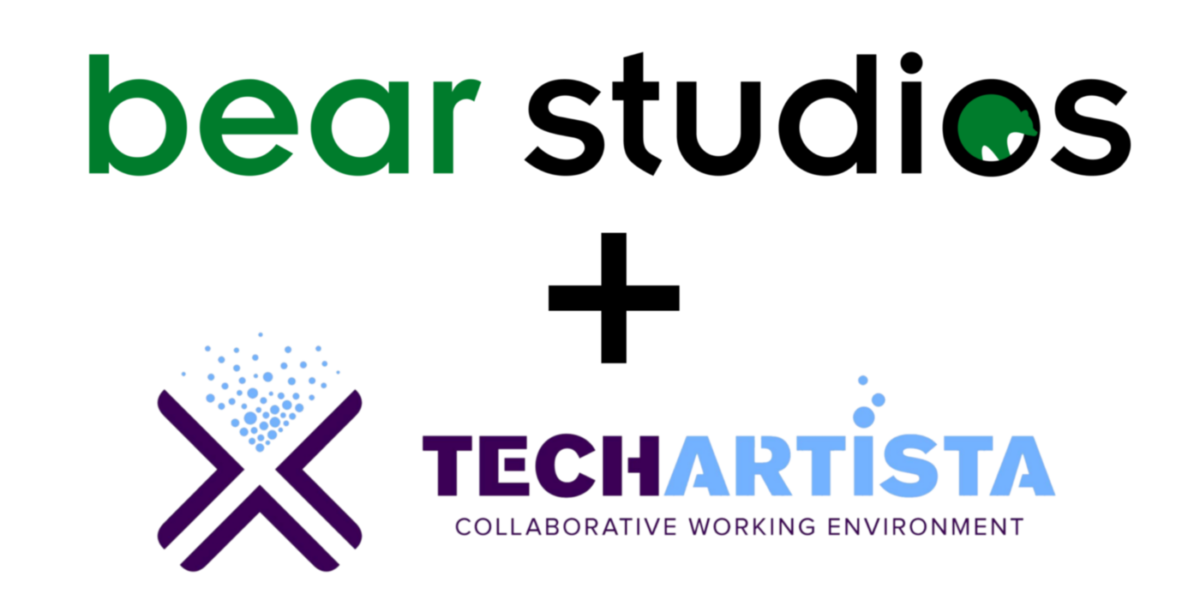I came to Olin after striking out with a pre-medical curriculum my freshman year. Looking back on that first year at Washington University, it seems like my aspirations to become a doctor were a lifetime ago.
I now spend my time on campus very differently—splitting my day between classes, running the WU Investment Banking Association, and providing strategic consulting services to startups through Bear Studios. The culmination of these experiences at Olin have helped me define value, otherwise understood as what is at the core of a good, durable business. I have been exposed to various business models operating in different business cycles, from startups to sophisticated financial institutions.
During my time at Olin, I’ve developed a dynamic definition of value, and these insights have changed the way I assess and think about businesses.

When I first joined Bear Studios, I anticipated an opportunity to work with founders that had self-sufficient business models with clearly articulated business plans. Instead, I found the opposite. Many of these founders, often working on innovative projects in software, pharmaceuticals, and medical technology, did not have a thorough understanding of how to operate a business. However, what they lacked in business acumen they compensated for with vision, conviction, and a nuanced technical skill set with little replicability.
Our job was less about fleshing out existing businesses; it was taking a founder’s idea and creating a sustainable operating model around it.
As a finance major and aspiring investment banker, my first impulse to assess the performance of a business is to look at its financial health. My challenge working with our clients in Bear Studios was reorienting my brain to ask the right questions when metrics like revenue, profits, or growth rates were not available to me. I found this to be interesting, albeit much more difficult than I initially anticipated. Founders often came in with no business plan or model. It was up to us to offer suggestions on product distribution, strategic partnerships, cash generation, and strategic thinking around scale.
Through this exercise, I gleaned a few essential insights:
1. The value early-stage businesses provide materializes in the future.
For a venture capitalist or seed investor providing capital to early-stage businesses, the potential scale of the idea, conviction of the founders, and feasibility of the business model matter far more than the business’ ability to generate cash or dividends in the short term. Value here is based more on trust, and how much a allocator of capital connects with an idea or founder.
2. Having a concrete plan to scale early is incredibly helpful.
This step is even more valuable for founders with a developed product or who have started beta/clinical testing. Investors feel more secure with their investment if a non-cash generating business has an adaptable, scalable strategy to eventually return money back to the owners of the business.
3. Founders are short-term focused—they want to deliver a product.
This is reasonable, and it should be the sole responsibility of the founder in the beginning. However, this lends substantially more importance to surrounding the founder with a team with complementary skill sets. Many startup founders in high-growth industries such as technology and pharmaceuticals have a specialized skill set. Receiving input from people who have prior experience developing businesses or products can be crucial for founders’ development as a manager as the business scales through its cycles.

Value in finance, traditionally, can typically be identified along simple financial metrics. Investment professionals typically look for ability to generate cash, prudent supply chain management, and efficient cost structures to identify a valuable business.
Those metrics manifest themselves in the daily operations of the business. Apple is a great example of a traditionally valuable business.
Ability to generate cash
Many gladly pay an “Apple premium” for an iPhone or iPad. Coupling steep prices with high volume, the cash generated by their products trickles down to the investor, and the potential for future growth in cash generation makes it a particularly valuable business.
Prudent supply chain management
Over the years, Apple has vertically integrated, allowing them to not only keep their costs down, but also to have complete freedom over the manufacturing of parts for their products.
Efficient cost structures
Apple has successfully cut inefficiencies. Whether it’s outsourcing assembly, consolidating internal teams, or reducing headcount when necessary, Apple has been able to keep costs efficient, therefore maximizing their ability to return money to investors.
While many investors look for these traditional metrics to assess businesses by, many businesses simply can’t be defined the same way. Startups don’t have sophisticated operations in the beginning, so they must lean on the quality of their idea to create value.

During my investment banking internship this past summer, I had the privilege of working with large corporate clients in the financial institutions sector. Banks, insurance companies, and payment processing companies are typical of businesses found in this sector. These companies often make money differently than businesses providing a singular product or service. Banks profit by lending money, and receive payments from customers in the form of interest. Insurance companies generate income from premiums paid by their customers. Since the considerations here are different, there are more macro-economic facing factors that affect the performance of the business, ultimately nuancing the way value is determined in parallel with these kinds of companies.
My main takeaway from this experience was that while it’s useful to have a standardized tool kit to assess a traditional business (like Apple), a more important soft skill to possess is adaptability.
While a basic, standardized framework is essential to assess any kind of business, being a versatile thinker able to process and synthesize multiple parts of a business makes one an infinitely better banker, consultant, or operator.
While I’ve been lucky to stumble upon many of my professional experiences, I encourage everyone to seek out opportunities that allow them to become adaptable problem solvers. In my circumstance, I could leverage Olin’s liberal arts and business curriculum along with my professional experiences to create a robust framework for defining value. Going forward, I’m excited to work with businesses across business cycles, and hope to continually refine my understanding of what makes a great business.

Guest Blogger: Syed Ahsan, BSBA’18, is majoring in Finance; he is a strategy fellow at Bear Studios LLC.
 Laura Glanz, BA ’21 is a strategy fellow at Bear Studios LLC. Pictured above: The author with her intramural soccer team composed of first-year students. Laura is in the top row, fourth from right.
Laura Glanz, BA ’21 is a strategy fellow at Bear Studios LLC. Pictured above: The author with her intramural soccer team composed of first-year students. Laura is in the top row, fourth from right.













 Bear Studios and TechArtista both seek to provide assistance and support to the local start-up community through different approaches and operations. The partnership provides TechArtista members with undergraduate talent and resources to aid in their operational development, while Bear Studios fellows gain real-world working experience and expertise from entrepreneurs on the ground.
Bear Studios and TechArtista both seek to provide assistance and support to the local start-up community through different approaches and operations. The partnership provides TechArtista members with undergraduate talent and resources to aid in their operational development, while Bear Studios fellows gain real-world working experience and expertise from entrepreneurs on the ground.
